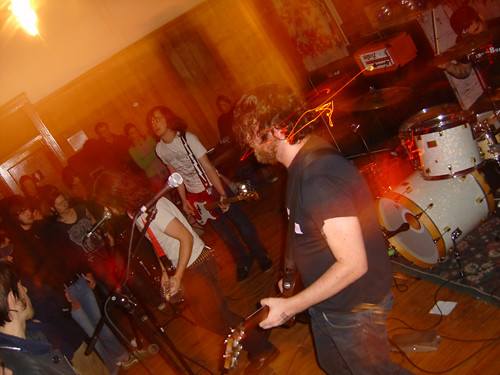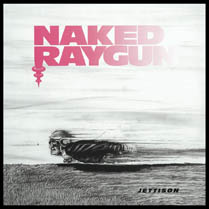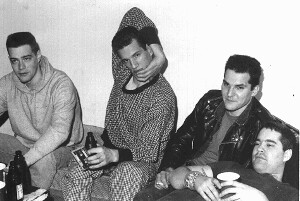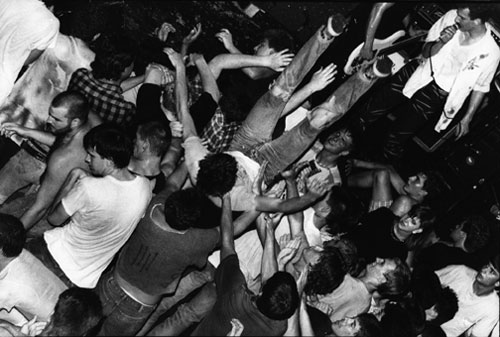
God is an Astronaut is an Irish post-rock trio that began in 2002 with their debut album, The End of the Beginning. What sets the band apart from many of their post-rock predecessors and contemporaries is that they find a way to fuse electronica with post-rock, to create an intriguing and innovative blend of music that re-defines in many ways the boundaries of post-rock. The three members of the band play a surprising amount of instruments between them; Torsten Kinsella plays both guitar and keyboard in addition to occasional (and very sparse) vocal duties; brother Niels plays bass and lead guitar interchangeably, as well as handling the visual displays at live shows; and drummer Lloyd Hanney also handles synthesizer duty. Telling you this serves little purpose other than to point out that only three people contribute to this incredible abridgement of melody and noise, a feat impressive in of itself and even more impressive when you see that each musician is pulling double-duty here. On their second album, All is Violent, All is Bright, they perfect their unique approach to post-rock, creating a beautiful and substantial album that stands alone in a sea of imitators.
Alone in a sea of blinding snow-white fog, a man searches for something. The background is obscured and undeveloped, and what is visible is entirely unrecognizable. The colours everywhere melt into an uneasy balance between black and white, an all-encompassing array of monochrome lifelessness. This is the album cover for All is Violent, All is Bright, but it could just as well describe the landscape that God is an Astronaut is working upon. Grounded by strong rhythmic drumming, the band hurls wave after wave of obfuscating electronic haze at the listener, both serene and majestic in its composition, relenting only for obligatory periods of rest. And with this strategy at heart, the band successfully creates a tender and desolate atmosphere, one that fully enraptures its audience and leaves them pleading for more.

God is an Astronaut show an impressive set of dynamics on this album, towing a thin line between the intense lows, reeking of insularity and isolation, and soaring highs. The music can drift from endless waves of cold, unyielding distortion, to forceful, blindingly bittersweet climaxes and back again within an instant. As an added bonus they waste no time in doing so, never pausing for a moment, always finding a way to keep their music interesting and exciting. Unlike many other bands of the sort, there are no overly drawn-out silences used to build up the music, no endless arrangements of noise that only serve to bore the listener. With All is Violent, All is Bright, God is an Astronaut perfect the art of grabbing the listener’s attention, be it through beguiling piano chords or haunting synth melodies. Even when they’re not going for the big climax, they remain remarkable in their catchiness and captivating in their brilliance.
But not only do they captivate; they also manage to move as well. The music has a dour sweetness to it in places, one that makes listening to it a highly emotional experience. Where their debut was catchy and consistently entertaining, the band ups the ante here, adding an emotive sensibility that often underlies the cold, bleak landscape which they paint upon. It sounds weird to say this about a post-rock band, since no words or vocals are used as a manner of expression, but what sets All is Violent, All is Bright apart from the band’s previous release is the aforementioned emotional depth. Among the cloud of synthesized haze the group utilizes so well, they manage to convey a very real, and very relatable feeling of isolation. It is that this sense of isolation is so well conveyed and that the band takes such care in translating it, that the album ultimately succeeds.
All is Violent, All is Bright reflects the best effort to date of one of post-rock’s freshest and most interesting acts. That the band can express intense desolation in their sound, as well as utilize catchy and memorable rhythms like no other, puts them on a higher plane when speaking about the best post-rock acts today. And on a personal note, this is possibly my all-time favourite post-rock album, one that always remains vibrant and brilliant upon each successive listen.
All is Violent, All is Bright
.jpg)















